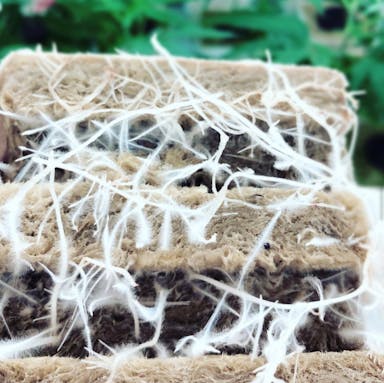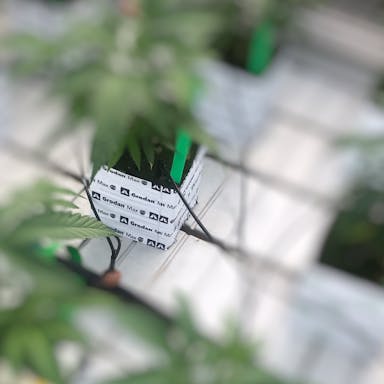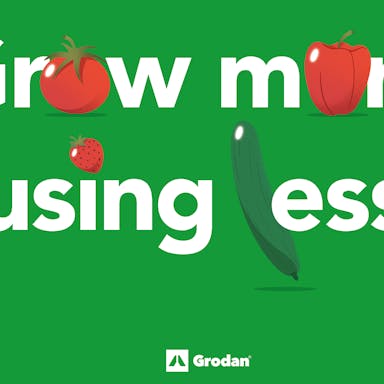As part of her work for Grodan, Marketing Director Gonneke Gerkema is often the only female in management teams. For herself, her daughter and future generations of women, she has a personal wish to see more gender equality in the workplace. “Moreover, various studies show that a better gender balance is also good for business,” she says. To play an active part in making a difference, she recently joined the Gender Alliance for Innovation in Agriculture (GAIA) on behalf of Grodan. To tie in with this, we asked some of our other female colleagues to share their experiences of being a woman in horticulture.
Here, Vera van den Berg, Global Market Intelligence Manager in Roermond, explains how horticulture has opened her eyes and changed her mindset.
I wasn’t surprised to hear that Grodan had joined GAIA. Our company has been actively promoting more gender diversity in horticulture for some time, so GAIA membership was a logical next step. I’m pleased to see our company making a commitment to embed gender equality in the intrinsic motivation of everyone who works within the organisation.
I think Grodan’s membership will also help to create more structure for future activities and open up new opportunities for us to have even more of an impact at industry level. Ideally of course, there should be a 50/50 split of men/women in all areas of life and business, seeing that women make up at least half of the world’s population!
Data-driven roles attract more men
On a day-to-day level, I personally don’t experience horticulture as being a male-dominated environment. In marketing intelligence I’m a ‘one-woman team’, and I make up part of the Global Marketing Team which has quite a few women in it. However, it’s a different story when you go to industry events, where 80-90% of the visitors tend to be male.
I don’t have an issue with that, though, perhaps because I’ve always worked in business intelligence and market intelligence. They are data-driven roles that have traditionally attracted more men than women, so I think I’ve just got used to being in the minority as a woman, no matter which industry I’m working in.
Personality types
When talking about gender equality, it’s difficult to avoid generalisation, of course. But at a very general level, men tend to keep things strictly business and make decisions bases on thinking rather than feeling. In contrast, women find it easier to tune into their own and other peoples’ emotions. Therefore, more diversity in the workplace can lead to better decision-making, based on consensus.
If we think about the different ‘colours’ of personality types, I go against the grain for ‘most’ women because I’m more of a Blue type who likes to focus on the facts. Actually, that’s one thing I have in common with the growers who use Grodan’s products to gain data insights as the basis for more effective crop management and decision-making.
Pieces of the puzzle
When I was recruited for Grodan around two years ago, I had no previous experience in the horticulture sector and I didn’t really know what to expect. I had never stopped to think that there would be a need for roles like mine within this industry. So during the introductory course at the World Horti Center, I was amazed to discover how professional and technologically advanced the Controlled Environment Agriculture (CEA) sector is. It was also fascinating to learn about this complex industry, and how all the different world-class suppliers provide a different piece of the puzzle for high-tech greenhouses.
Change of mindset
I’m sure that, like me before joining Grodan, many other people don’t realise that we’re contributing to solving one of today’s main global challenges: to provide food and medicines for the world’s population in a sustainable way. Working here has certainly opened my eyes and changed my mindset, and I now feel proud to be part of this industry. So I would definitely encourage women to explore the opportunities in the horticulture sector. They can have an impact on making the world a better place, and can help to improve the gender balance at the same time.









